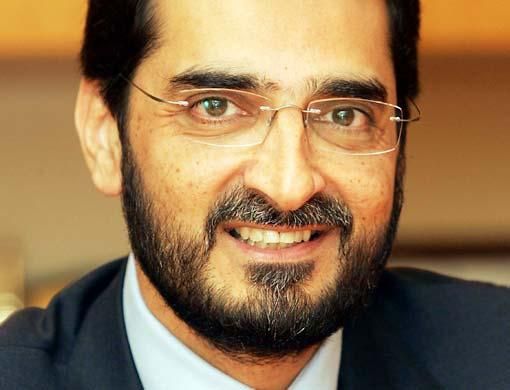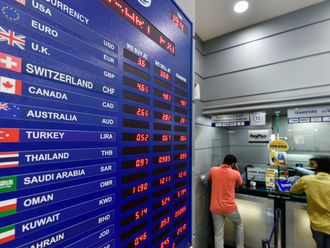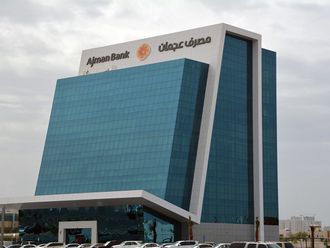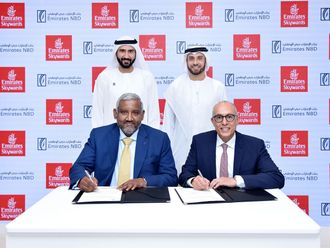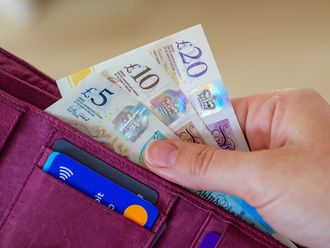Dubai: Mashreqbank's new Islamic banking unit, poised to be launched in November, aims to win a five per cent share of the UAE's fast-growing Islamic banking market in five years, its chief executive said.
Mubashar H. Khokhar told Gulf News the new Islamic bank has planned a string of new product launches, one every month, to win new customers especially from the under-served high net worth and mass affluent segments.
Badr Al Islami, as the Islamic bank is called, will open with a branch near Dubai airport and will seek approval to open 10 more across the UAE next year to keep pace with rapid market growth. It expects to post a profit in its first year.
"We will mirror every product of the conventional bank and start with a full spectrum of products - retail, investment banking and corporate banking, simultaneously," Khokhar said in an interview.
"We hope to capture a market share of five per cent in about five years. This might appear a little small from the Mashreq-bank perspective but the pie is getting bigger and bigger and that will be no mean achievement."
Mashreqbank, the UAE's fifth biggest bank by assets, has invested Dh500 million in the equity of the new Islamic company, Al Badr Finance Co to smoothen its launch.
Islamic banking makes up nearly 10 per cent of the UAE's total banking assets of Dh750.6 billion now but rapid growth is expected to push its share to 30 per cent by 2010.
The Islamic segment, probably the fastest growing in the banking industry, is expected to attract at least seven new players over the next year including the Islamic unit of top-ranked National Bank of Abu Dhabi.
Khokhar said some 25 per cent of the country's banking customers are interested in Islamic banking owing to its Sharia compliance, while another 50 per cent are fence-sitters who are sensitive to quality and price. Badr Al Islami will target those looking for Sharia-compliant services as well as half the fence-sitters with its superior quality services.
The UAE currently has four stand-alone Islamic banks lead by Dubai Islamic, but several local and foreign banks like HSBC also have Islamic banking windows.
Khokhar said demand for Islamic products was strong and there were great opportunities to deploy assets and early entrants into the industry would enjoy better margins. Costs at Islamic banks, however, are usually slightly higher than conventional banks owing to their need for greater documentation and the costs of their Sharia boards.
Badr Al Islami, in fact, has already begun operations some three months ago through a Mashreqbank window and has already built up a substantial deposit base.
Recruitment
It will build its own sales staff over time but will also use Mashreqbank's channels to cross-sell products.
It has recruited some 50 people from several countries including Malaysia, where Islamic banking has made greater progress.
Al Badr will also launch both debt and equity funds but asset management will be outsourced to Mashreqbank's fund management unit Makaseb. The launch of an Islamic credit card is also scheduled for next year.
Khokhar said the Islamic bank also planned to apply to Qatar's central bank in 2007 for an operating license and aims to set up a subsidiary in the Dubai International Financial Centre. It will also set up an independent brokerage later.
Mashreqbank estimates the global Islamic finance industry to have assets of between $700 billion to $1 trillion. The industry, which includes some 300 institutions across 65 countries, is growing at 10 to 15 per cent a year.
But the industry is categorised by complex processes and non-standardised products which greater competition is expected to improve.


